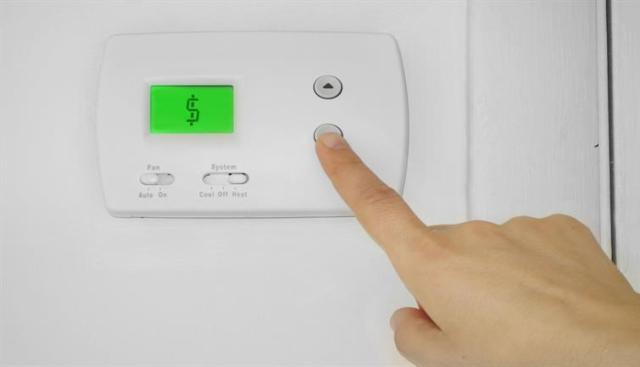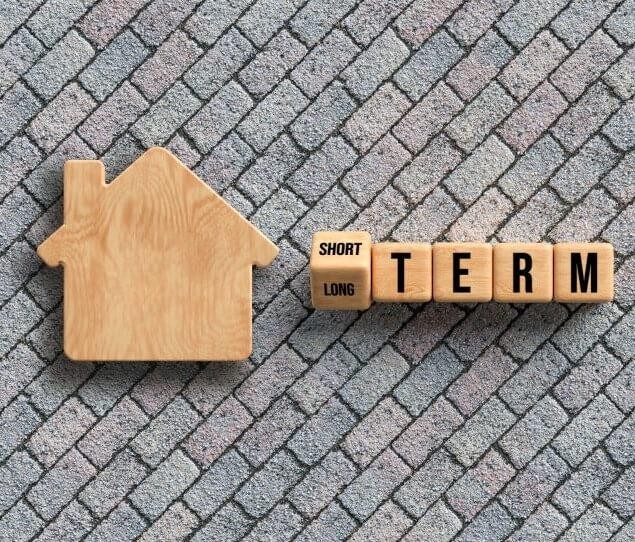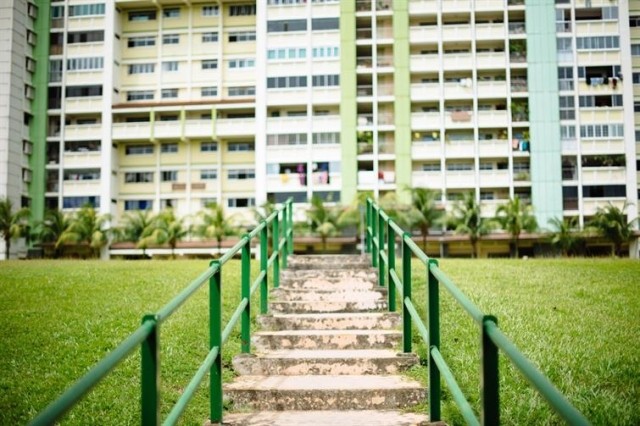Finding an ideal rental can be hard enough but worrying about utilities on top of finding a place to live can add a new element into the mix. Depending on the market in which you’re searching, you may find different utility situations depending on the climate and rental type you’re interested in. There’s so much variety that you may find yourself wondering, is my landlord required to provide heat and air conditioning?
What are safe and habitable conditions?
The laws regarding heat and air conditioning vary from state to state. Landlords have the same duty in every state to ensure a rental provides “safe and habitable conditions,” meaning the renter enjoys a safe, structurally sound dwelling with running water and sewage, and the proper systems to keep them safe despite the weather.
In most states, landlords are required to provide adequate heat, but they usually don’t need to provide air conditioning. All states have laws and regulations to ensure safe, habitable living conditions in rental properties, and that includes providing heat. Local ordinances can also determine what utilities landlords must provide.
In California, heat is required for a rental unit to be considered “legally habitable.” The landlord is also responsible for repairs to the heating system as long as the tenant didn’t damage the unit themselves. Air conditioning, however, is not required by California law to make a rental habitable.
The law is similar in Georgia: landlords are not legally required to provide air conditioners but are obligated to maintain AC units they have provided. In hotter climes such as Arizona, air conditioning is a requirement, as is heat. Since the United States spans many different climates, the laws vary by region.
Is my landlord required to fix the heat or AC?
If your landlord is required by law to provide heat or air conditioning and either of these systems fail in your unit, the landlord must repair the problem within a reasonable amount of time. Again, some local ordinances require a landlord to provide air conditioning, but do not require them to maintain them, so be sure you and the landlord are clear on who is responsible for heat and AC and to what degree.
You should let your landlord (or maintenance department) know about the issue as soon as possible. If the problem goes unaddressed, send the landlord a notice in writing detailing the date the heat or AC failed as well as the current date. There are a few paths you can take if your landlord won’t fix your heat or air conditioning.
Repair and deduct from your rent
If your landlord is unresponsive, you can bypass them and contact a repair service on your own. Keep the receipt and mail it along with a notice to your landlord that you will be deducting the repair cost from your next rent payment. Almost every state has statues on repairing and deducting from rent when a landlord is unresponsive, but be sure your state allows it before you proceed.
Withhold rent
If you’ve waited days (up to 30 days if it’s not an emergency) and your landlord has made no attempt to remedy the situation, you are legally allowed to withhold rent in some states as long as you’re up to date on previous rent payments. Save the money you withhold, you’ll still have to pay once the problem is fixed.
Take legal action
If your landlord’s negligence left you in a house with no heat or AC and you were forced to leave for your safety, you might consider legal action. If your landlord doesn’t maintain safe and habitable conditions, you are within your rights to break the lease. And if they left you on the hook for repairs or still charged rent, you can take them to court to recoup any damages you incurred or money spent trying to fix the problem.
Don't wrongfully withhold rent
It’s always risky to withhold or deduct from your rent. Some states even forbid withholding rent, so make sure you can if you’re dealing with an unresponsive landlord. If your landlord disagrees with your actions, they could terminate your lease and attempt to evict you. You are protected from eviction and rent raises in most states if you’ve already filed a habitability complaint. However, if the landlord has already sent an eviction notice for another reason or has previously stated that rent will increase or that your lease will not be renewed, those are still permissible.
Document everything
If you think your landlord is trying to evict you or raise rent in retaliation for a heating or AC issue, you can file in court stating as such and provide evidence of your attempts to contact the landlord about the habitability issues in your unit. This is why it’s important to provide a maintenance request in writing, especially if your landlord is unresponsive. You should also document all communication between you and the landlord.
There’s a variety of climates in the US, making for several state and local ordinances that impact what utilities are required of landlords. Be sure to check your state laws so you know if you can expect heat, air conditioning, and the necessary maintenance in your rental. If there’s an issue, reach out to your landlord or maintenance office as soon as possible and be sure to document everything in case the situation worsens. Good luck, renters!






